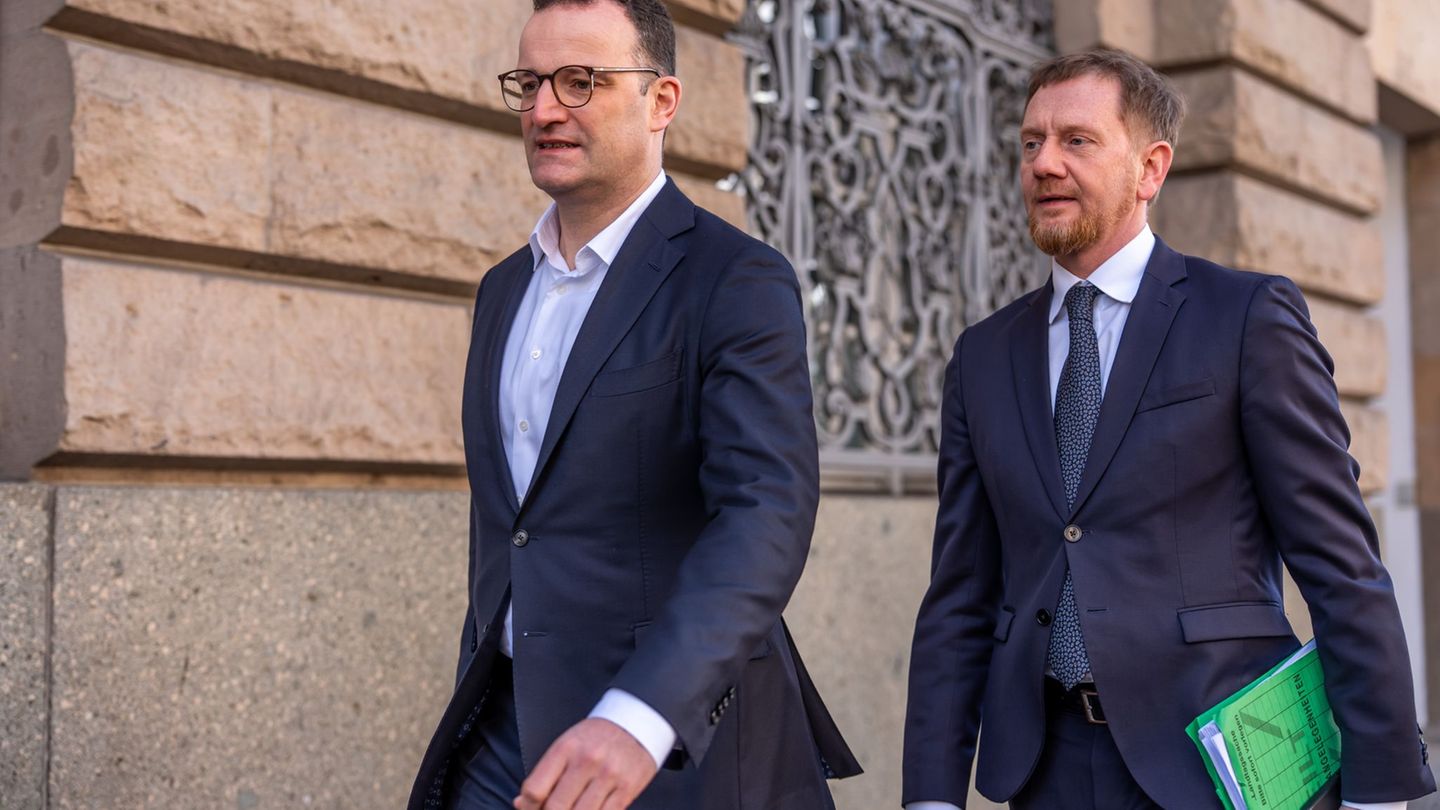I have been working in the news industry for over 6 years, first as a reporter and now as an editor. I have covered politics extensively, and my work has appeared in major newspapers and online news outlets around the world. In addition to my writing, I also contribute regularly to 24 Hours World.
Menu
Coalition negotiations: Economic turbulence puts the Union and SPD under pressure
Categories
Most Read
Can Donald Trump simply move World Cup venues? That’s what lies behind it
October 16, 2025
No Comments
The situation at a glance: Before meeting with Trump: Zelensky receives new arms commitments
October 16, 2025
No Comments
Domestic political crisis: France’s prime minister has to face motions of no confidence
October 16, 2025
No Comments
Donald Trump wants to expand military operations in Venezuela
October 16, 2025
No Comments
Defense: What is planned during military service and what is disputed
October 16, 2025
No Comments
Latest Posts

Bicycle overshoes: This keeps your feet warm and dry
October 16, 2025
No Comments
PierceI am Pierce Boyd, a driven and ambitious professional working in the news industry. I have been writing for 24 Hours Worlds for over five

Save with your pension card: You get these discounts
October 16, 2025
No Comments
AngelicaI am an author and journalist who has written for 24 Hours World. I specialize in covering the economy and write about topics such as

Spa Resort Geinberg continues to invest in premium areas
October 16, 2025
No Comments
In just a few months, the section of the Geinberg Spa Resort was completely renovated. New roof garden sauna Bernhard Singer (Director of Operations Spa
24 Hours Worlds is a comprehensive source of instant world current affairs, offering up-to-the-minute coverage of breaking news and events from around the globe. With a team of experienced journalists and experts on hand 24/7.

